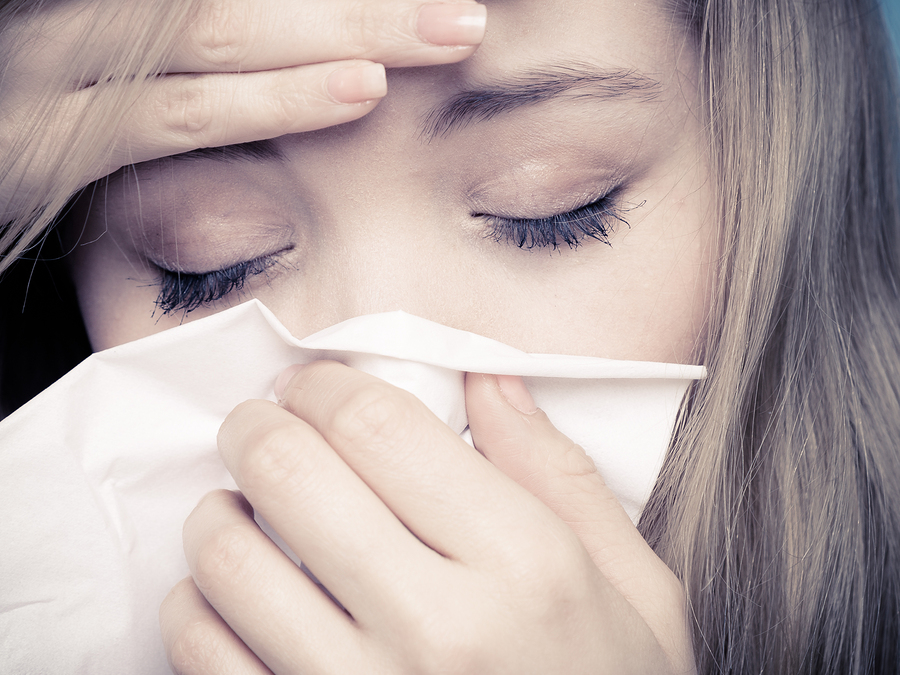
I am sure many of you have heard of some old remedies that you, your parents, or even your grandparents had used for common ailments. Many people wonder if these therapies are actually effective and frankly, if they even make sense. Consider this blog a “myth busters” type of blog where we explore some of these old remedies for common ailments.
Tea
Many people consider a cup of tea one of the key pillars on the road to recovery when it comes to colds and flus. When we look at the research, it is arguably true. Much of the research does not focus on one specific tea per se, but the big take away, is that tea contains many antioxidants and constituents that help the body in general. Specifically, tea can also help to ward off and fight colds and flus by decreasing inflammation, inhibiting growth of microbes, and increasing overall antioxidants in the body.
Soup
Another staple that individuals recommend with the cold or flu is a cup of soup, specifically mom/dad’s homemade chicken noodle. Looking at the research, chicken soup helps to reduce symptoms of upper respiratory tract infections through its anti-inflammatory effect on the body. Arguably, the sooner you start this in the sickness, the better to reduce the inflammatory cascade that happens with colds and flus.
Mustard Plaster
For some, mustard plasters have been used for upper respiratory conditions, and is considered an old remedy. For those who have been able to tolerate the heat and potential sensitivity to the skin, mustard plaster has been shown in the research to cause an improvement even seen in x-ray results, of the lungs for those with upper respiratory tract concerns. Further, mustard plasters have been shown to even increase the immune cells to combat infection.
Poultices
Poultices involve the application of warmed herbs, bread, onion, or carrot to an infected or inflamed tissue. The research is a bit difficult to search through, as there are many different application types for poultices. Ultimately, the poultice has been shown to have a drawing effect, causing a reduction in pain and redness.
Seeing that some of these traditional tools and remedies have merit even in our modern world can be so encouraging and exciting. However, it is important to make sure that these tools and remedies are right for your specific situation. Some of the information provided above may not be appropriate for everyone, please consult with your doctor before trying any of the above.
Have you benefited from reading this blog? Know someone that would benefit as well? Share, Like, Comment, or Tweet this article, and let us know what you think. If you are interested in Naturopathic Medicine and wanting a different approach to your health care needs, contact our clinic by calling/texting 226-232-7665, and we would be happy to book your naturopathic appointment today!
References:


